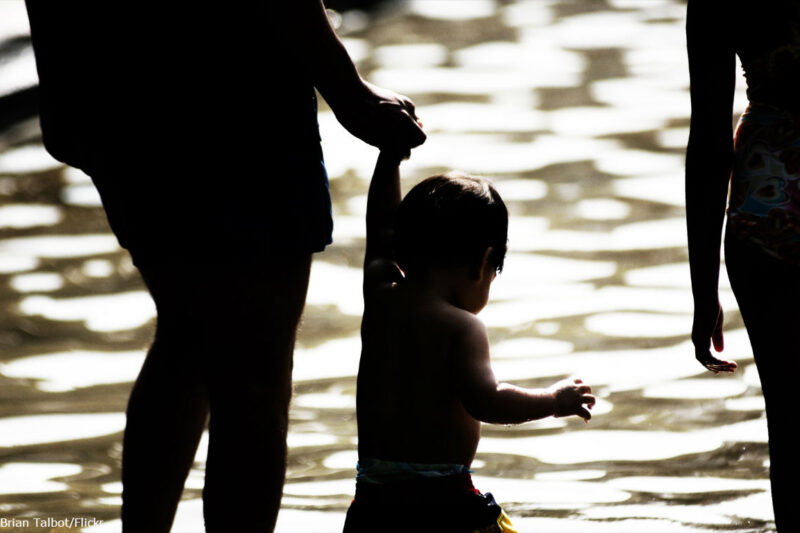
American workers have it hard. We put in more hours at work than any other workers in the industrialized world, and we are given — and take — fewer vacation days.
At the same time, we’re also one of (the other two are Papua New Guinea and Suriname) that does not provide paid family leave. For American workers, being unable to leave work to care for a newborn baby or a seriously ill family member is an all too familiar scenario.
This hurts everyone — but some bear a greater burden than others, especially low-income, hourly workers, who are disproportionately Black or Latino and who are overwhelmingly women. Low-income workers are far less likely to receive paid family leave from their employers and often lack the job security to even take unpaid leave.
Without statewide paid family leave laws, we live in a backward system, where the people who need paid family leave most are the least likely to receive it. This ends up perpetuating existing inequalities for women, people of color, low-income people, and LGBT people. Paid family leave is, first and foremost, about equal opportunity for all. And for that reason, lawmakers must recognize that paid family leave is a civil rights issue.
Check the NYCLU’s infographic below to see how low-income workers, women, LGBT workers and workers of color pay a disproportionate cost without paid family leave.
Right now, the state of New York is poised to join California, New Jersey, and Rhode Island in passing statewide paid family leave. Home of the “city that never sleeps,” New York celebrates hard work, but we also value fairness, justice, and diversity.
Gov. Cuomo has called for enactment of that would provide workers with paid family leave of up to 12 weeks at two-thirds of pay along with protections for job security. It would not be funded by businesses, but entirely by employee payroll contributions to the tune of less than a dollar a week per employee. (There is, however, one downside to the bill. Because it only applies to workers protected by an existing temporary disability insurance program, the legislation’s sponsors make the serious omission of excluding farm workers, who are among the most vulnerable workers.)
Both the state assembly and state senate have since included similar policies to the governor's in their budget proposals. Now the important task is to get it done — and make sure New York’s lawmakers don’t weaken the terms in the last weeks of negotiation.
New York has a major opportunity to change the real life impacts of inequality on New Yorkers instead of perpetuating them. And if New York passes paid family leave, it would be a huge step toward making paid family leave the norm and finally catching America up to the rest of the world. We’ve worked hard enough, and we deserve it.
Want to help? .


